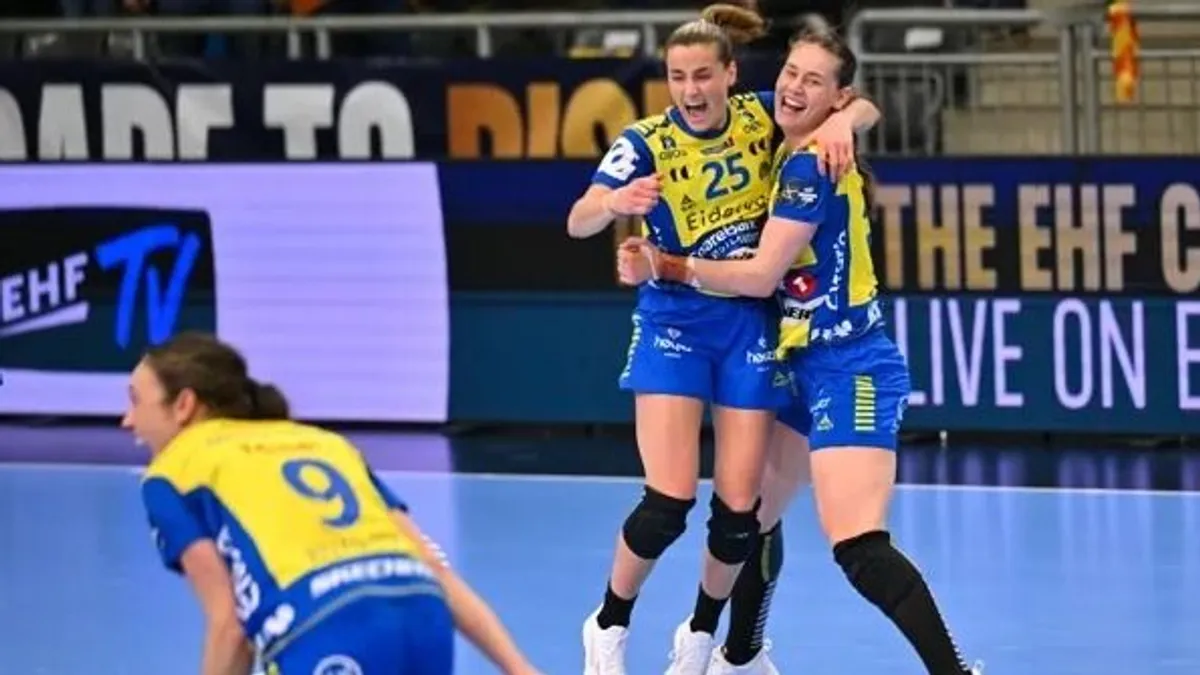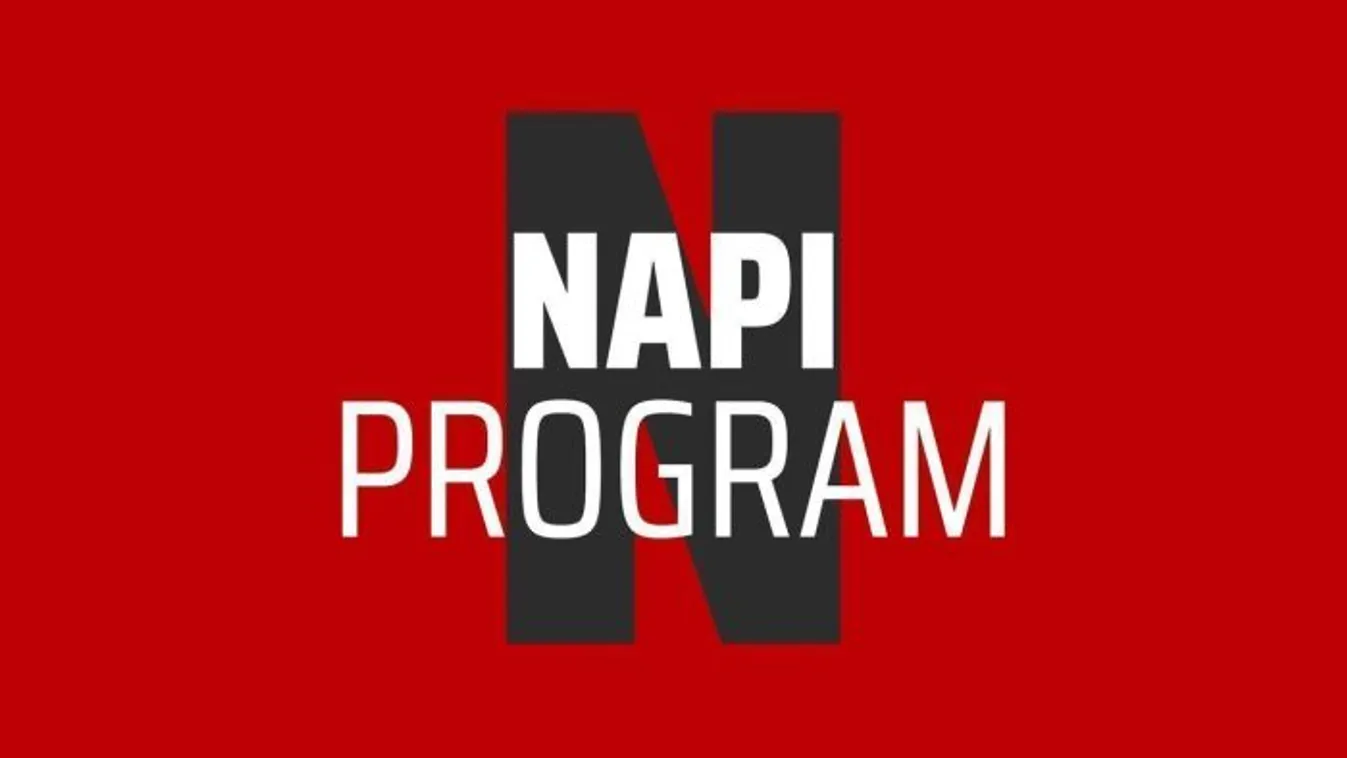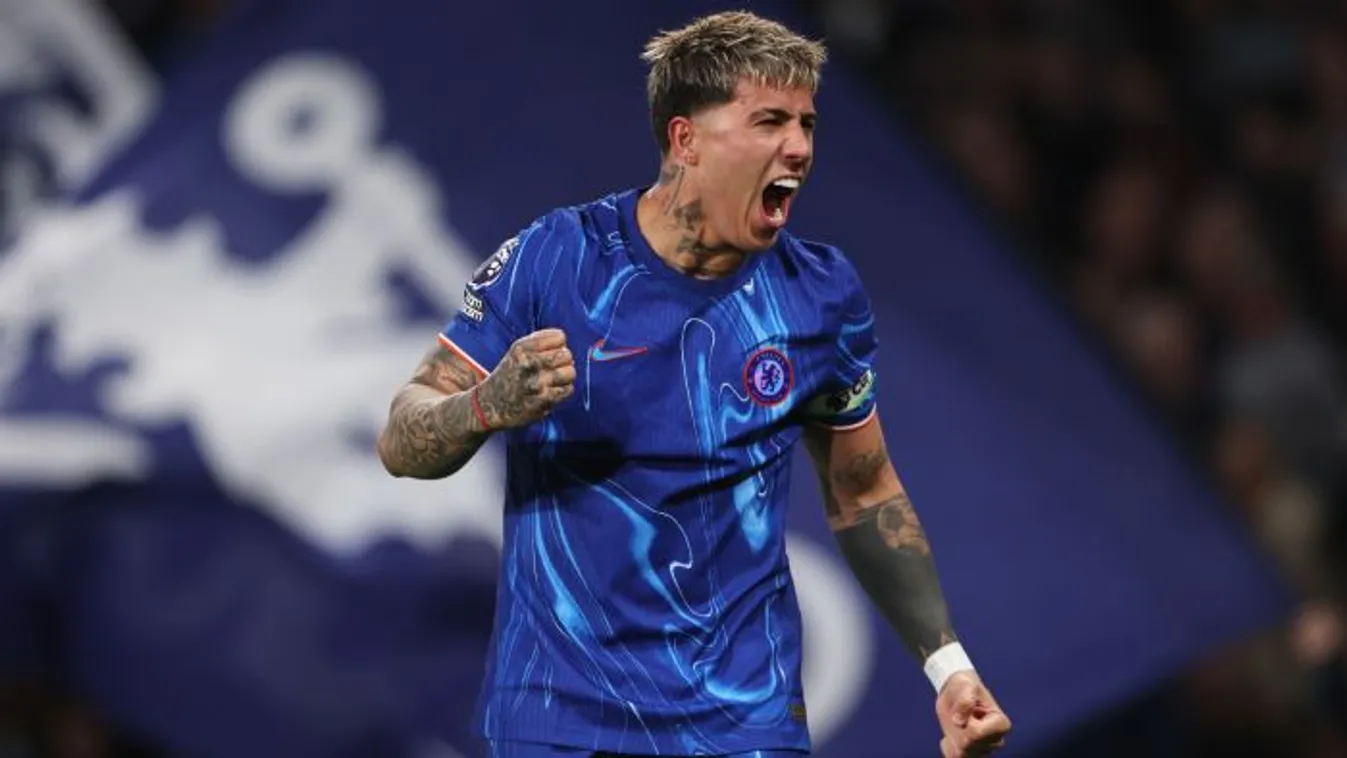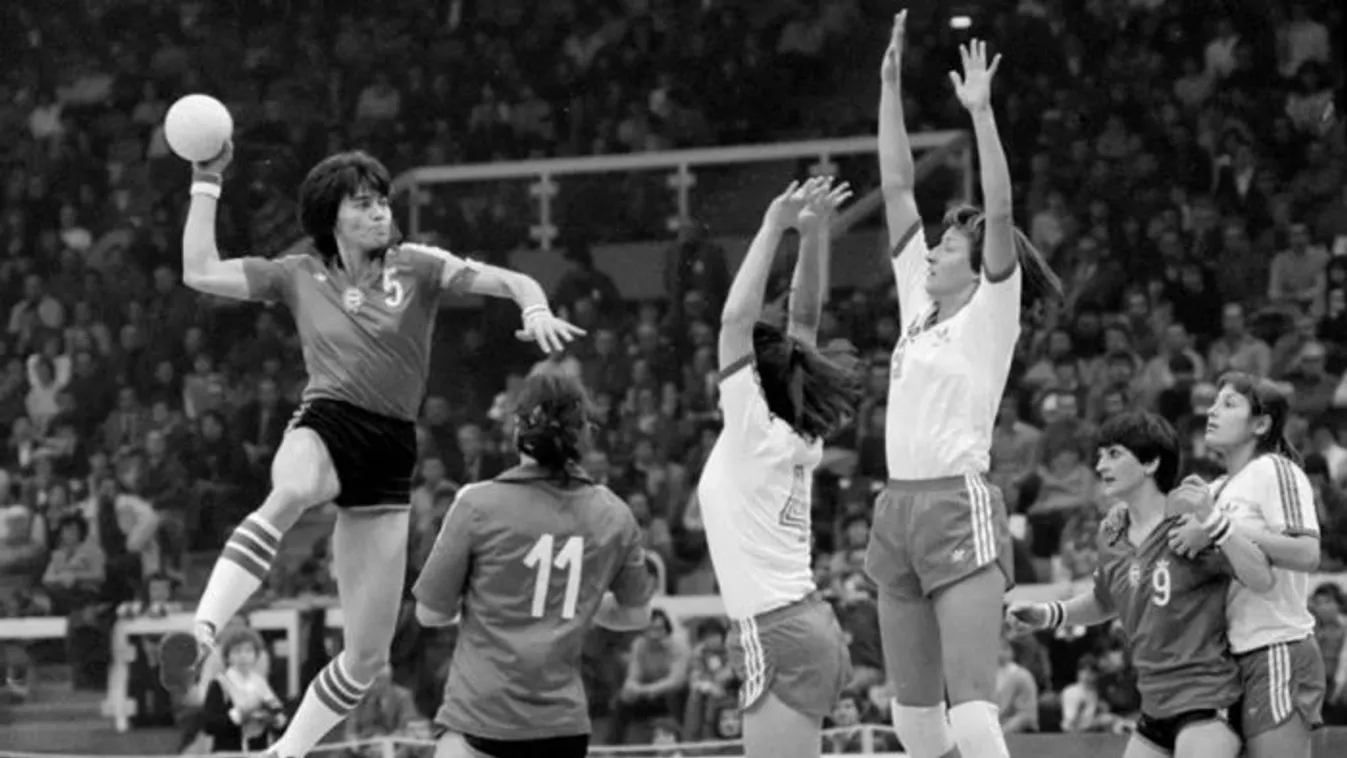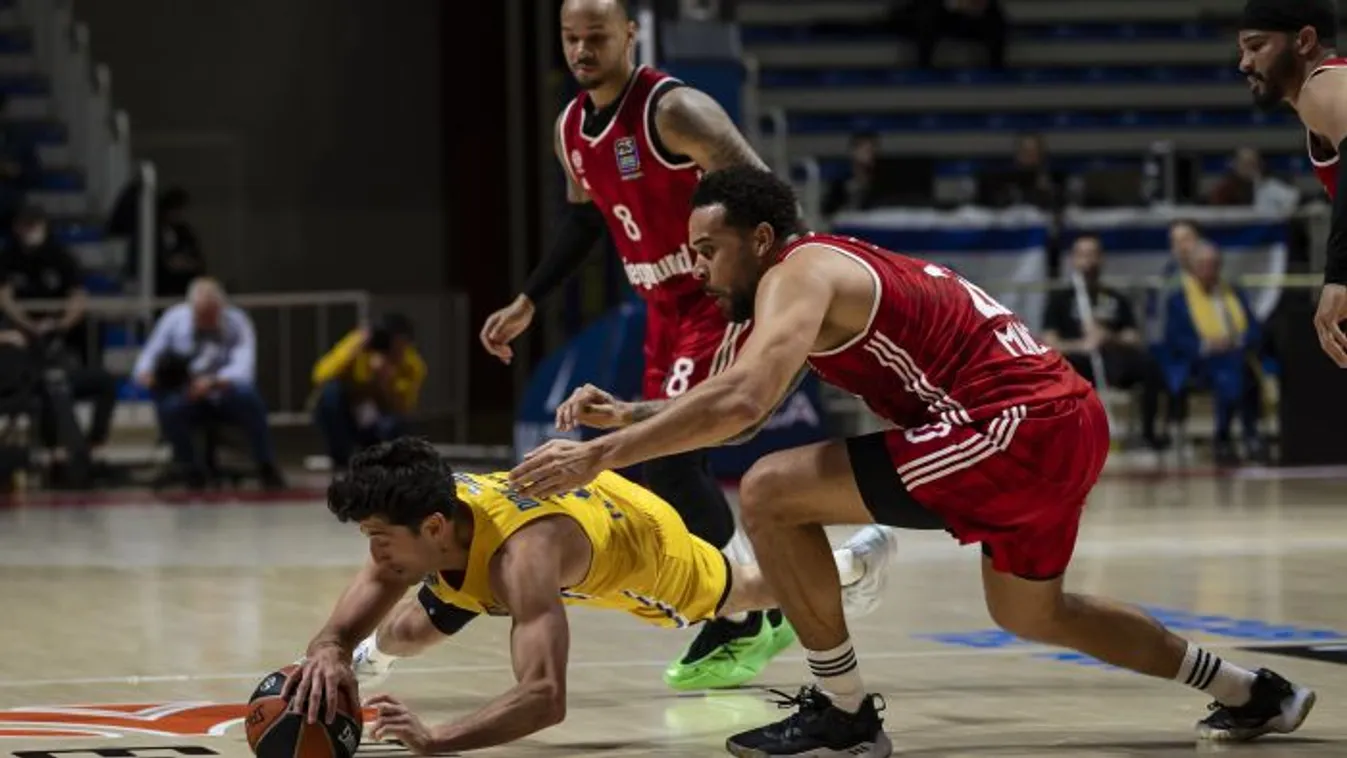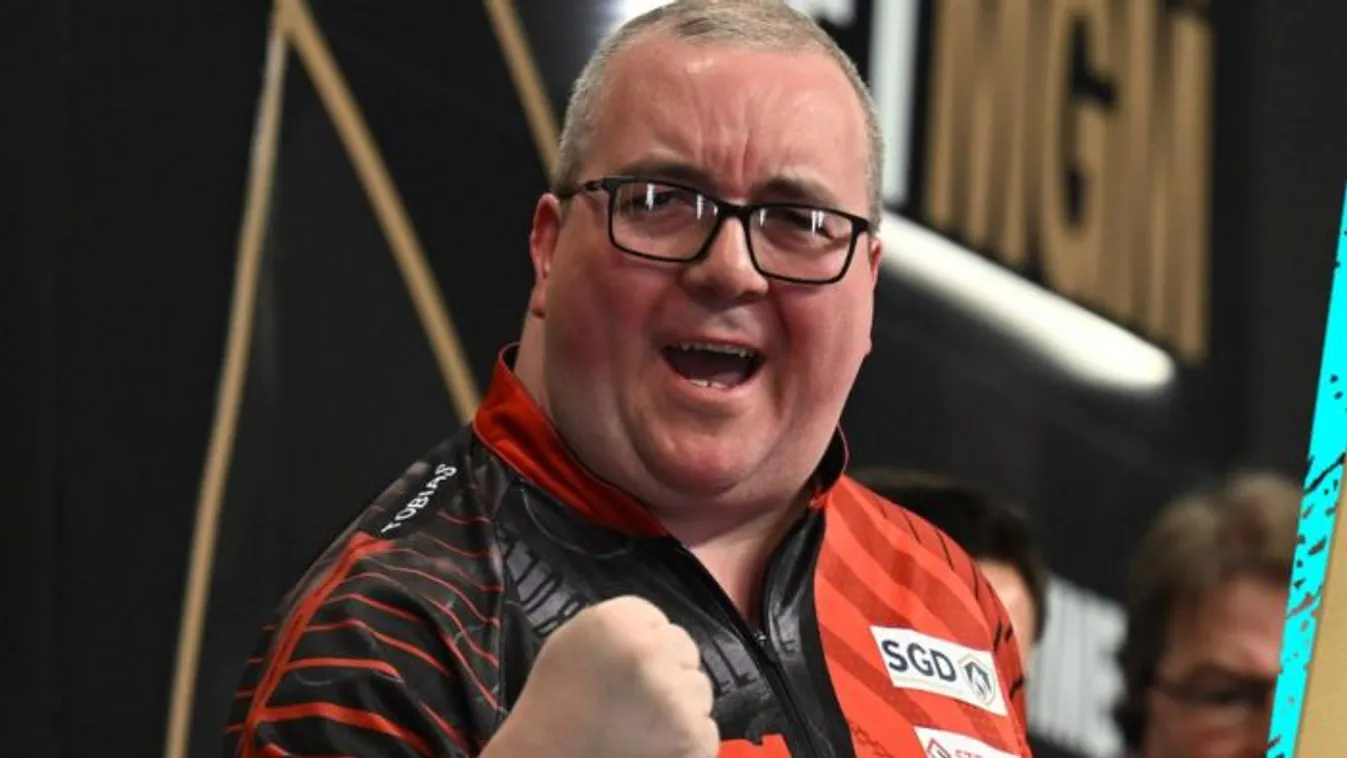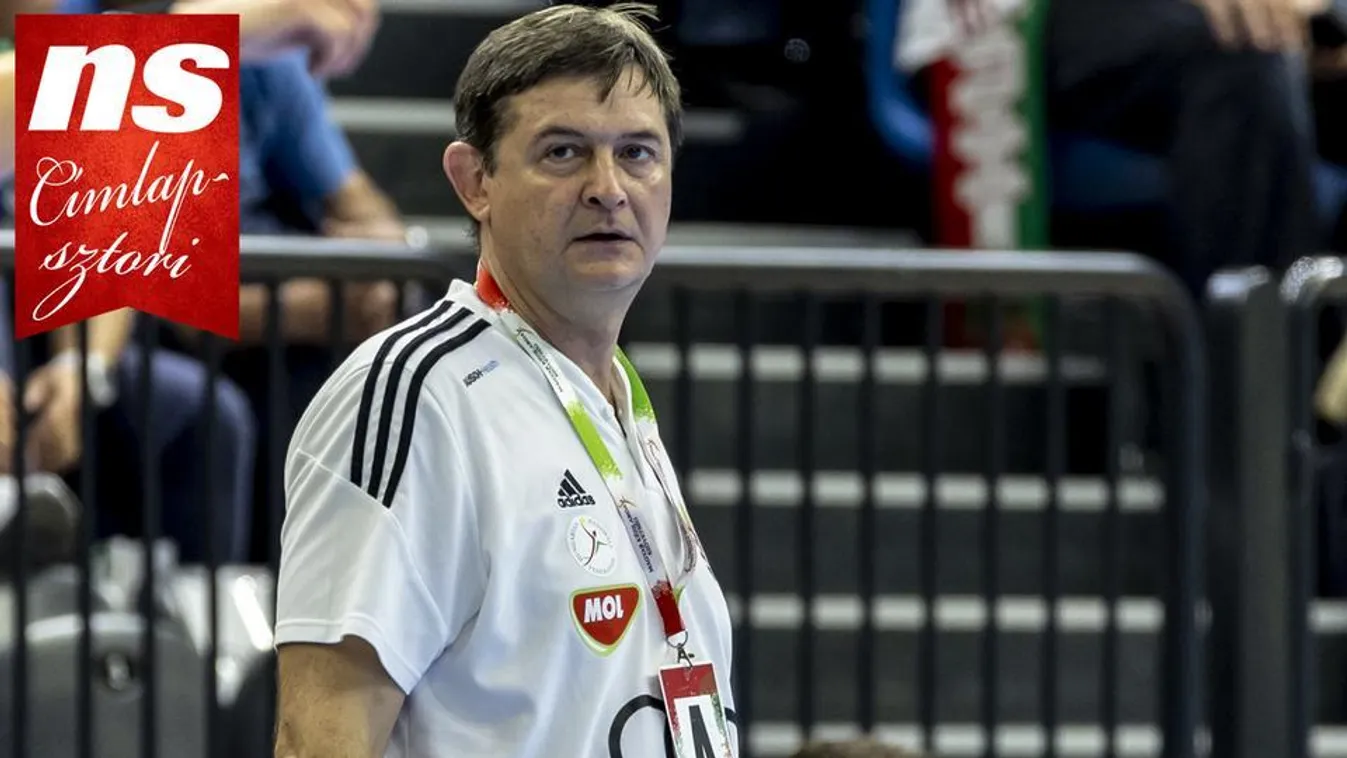
– After your appointment last summer, you said it would take a year for the national team to become your team. Is this it?
– Yes, after one year, I can say that this is my team because the principles I asked for are applied in defense. Since last year, I have tried to develop the attacking game that suits us, in which we can be more effective, although nothing worked against Romania and Germany," Vladimir Golovin, the head coach of the Hungarian women's handball team, told Nemzeti Sport. – The team was in a state of flux last year, at first, I had a lot more experienced players, then came the World Championship, which could have ended better; it was down to small things. But by the European Championship qualifier against Spain, the defense had improved a lot and it was a useful experience to lose at home. Three days later, we won the rematch in Spain, which was very good for the girls' confidence because they believed that we could get good results against good teams. Although we won against Slovakia and Portugal, the squad was visibly tired.
| Place and date of birth: March 21, 1970; Odesa (Soviet Union, now Ukraine) Nationality:Ukraine, Hungary Playing career in Hungary:Szolnoki KK (1992–1999), Kiskörősi KSK (1999–2001), Százhalombattai KE (2001–2005), Hargita KC (2005–2006), Dabas KC VSE (2006–2010) Achievements as a player:3-time Hungarian Cup third place (1996, 2000, 2001) Coaching career:PLER KC men's (2008–2010), Százhalombattai KE men's (2010–2011), FTC women's (youth team, 2010–2012), Kispesti AC women's (2011), women's junior team coach (2011–2012), Bugyi SE women's (2011–2012), Kiskunhalas NKSE women's (2012–2013), Siófok KC women's (2013–2015), MTK Budapest women's (2015–2021), women's junior team head coach (2018–2020), women's national team head coach (2021– ) Achievements as a club coach:Hungarian Cup (MK) third place (2014), MK fourth place (2013), NB I fifth place (2015), 2-time NB I sixth (2013, 2021) Achievements as a national team coachjunior worlds 1st place (2018), junior European Championship 1st place (2019), junior World Championship 3rd place (2012) |
– Let's put the results aside. How difficult has your last year as full-time head coach been?
– It was unusual that I lost the daily routine, the training, the fact that the matches were played one after the other, and instead, I had to sit in front of the computer analyzing the opponents much more. There are league games every week in a club, maybe a European Cup match in the week, but it's completely different in a world competition where we have to play every other day for multiple weeks, which is very physically and mentally demanding. And a head coach has one day to adjust and prepare the team for the opponent that has a completely different playing style. The preparation game against Romania and Germany was also very good for this, as we met two opponents with different strengths, styles, and completely different playing philosophies.
– How have you and the national team changed over the past year?
– The team is constantly changing coaches, and the basic situation is different from what it was as a club coach and what I'm used to. Here, I have to see in a short time who is in what condition physically and mentally when they arrive at the national team, it's important how I talk to them, and what the player needs. Because they have played together for many years, they have fought for each other for many years, these girls know, understand, and help one another, they have good communication. They are also closer in age, so there are not as many differences in experience, knowledge, and mentality within the team. This makes them stronger, but at the same time, they are not very experienced players yet, but they will be at the top in a few years when they are 27-28 years old. Some of these young players have played in several world competitions, but it's quite different because they were not dominant players then. But they are spending more time on the pitch now and they play a deciding role in the matches. Every clash is an experience and a learning experience, whether it's a win or a loss, and they have to learn to manage it. There is no recipe for that, and they are not machines, but they are motivated and have the willpower to get a good result.
– During being the head coach, which match was the one where the girls played the way you wanted them to?
– The aforementioned home game against Spain, even though we lost. We were in control for more than fifty minutes, defended well against the quick-footed Spaniards, closed well, but blew it in the last minutes. I still build on that game to this day, not only because of the performance but also because of what happened afterwards. After the home defeat, we didn't give up. The players were determined that we could win in the rematch, and they did.
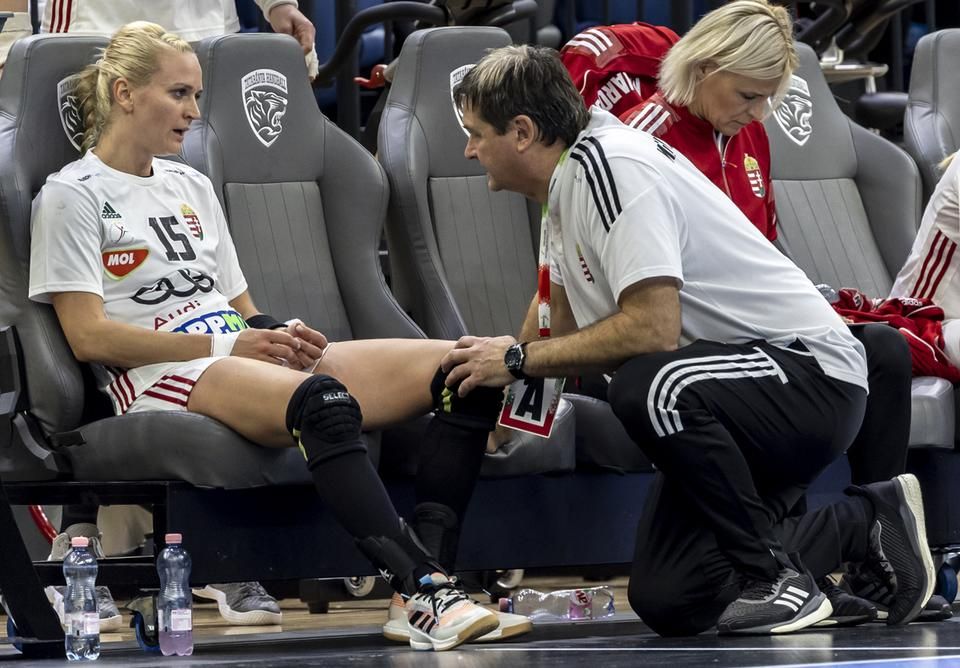
– There are many examples of national team head coaches who are also club coaches. Why did you leave MTK?
– After my appointment, I managed the women's national team and MTK for three months, but I realized that I couldn't do that, I had to be a full-time coach. I think this double job is only workable if the coach is managing the club which sends the most players to the national team because then there is less time to integrate the others. This was not the case at MTK, as the current national team is made up mainly of handball players from Debrecen, Fradi, and Győr, with one or two players coming from here and there, and the three or four days we spend together at training sessions are not enough for that. Therefore, during the preparation, I traveled the country from club to club, talking to the coaches and discussing with them how their girls play in the club and how they can be as useful as possible for the national team. I got a lot of support and help from my colleagues, but otherwise, we wouldn't be able to work together.
– What do you think about the Hungarian youth training program? Is there a problem or not?
– The youth training program has achieved outstanding results in recent years, but the problem remains that many young players are lost or fail to develop properly when they reach the senior level. I have worked with generations from 1998 and 2000, many of whom are now in the senior team and may not be experienced players, but we have to accept that they are the best at the moment. And we need to keep this generation together, to strengthen them, so that in three or four years, they can form the core of the national team. Age is not a problem, Katrine Lunde, for example, is still at the top of her game at the age of 42, but there are still players in the elite over 35. What I see as a bigger problem is the fact that there is no one at the left back playing position after Noémi Háfra and Gréta Kácsor, and that there are only talents at the moment, who will either do something great or not, depending on whether they continue to develop at the right pace. I am optimistic.
– The 2021 World Cup was your first world championship as a head coach. What was the experience like?
– Tenth place was not a bad result, but our goal wasn't this. We should've needed something great to achieve our goal, and we came close to it against Germany, but we lost by one goal. In addition, Katrin Klujber was injured at the beginning of the match, and we could hardly replace her. If she had played the whole game, the end result might have been different, but we always have to beat the current opponent with the team we have at that moment. Overall, we won four out of six games, and I didn't feel that we were physically exhausted, which I was happy about even if we didn't make the final eight.
– You have won two world junior competitions with the youngsters. Do you have the same rapport with the seniors?
– I hope so, but they are no longer the youngsters who won the junior competitions. People change, and motivation changes, but one thing remains the same, and that is that these girls have the same desire to succeed. As they are not yet experienced players, they need to reinforce their work with results, they need a sense of success. We are in a difficult leg of the European Championship, but I don't want to dwell on how difficult it will be. I'm more interested in how we will manage it.
– With the absence of Noémi Háfra and Szandra Szöllősi-Zácsik at left back, the team found itself in a difficult situation shortly before the European Championship. How well did you manage to remedy the situation?
– It's a difficult situation because the established structure is definitely disrupted at some level, and we have to start building the team again and explain who has what role in the new situation. Greta Kácsor and Csenge Kuczora were able to help against Romania, but we only managed it in a head-scratching manner, and a structure with two pivot players can be a solution, but it will certainly take a lot of goals to win, which will be very difficult without a left-winger. However, we are confident that we can do it. The preparation match is mentally different from a competitive game.
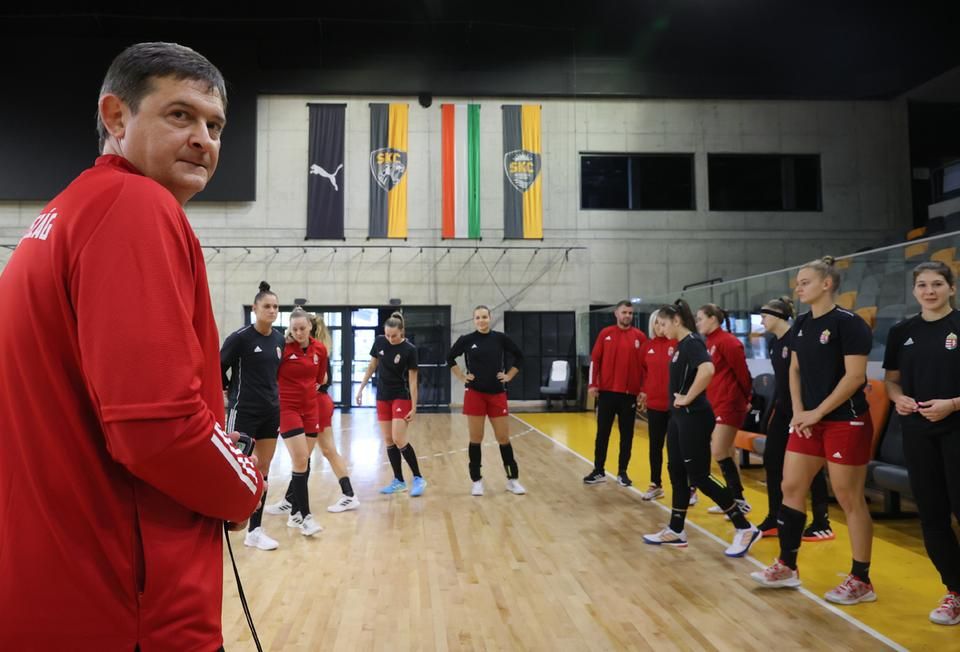
– What do you think the Hungarian national team needs to improve the most?
– I would say in everything, but fortunately every year something always improves. We must not stagnate and let the players be content with what they have, because they will only improve if they want more and play better. We don't have really tall players, but we do have fast and skillful ones. The examples of Nora Mørk or Stine Oftedal are proof that height is not everything in the elite, even if they are both geniuses. Of course, we need tall, strong and fast players, even if they are not so skillful when they are young because the latter can be developed. In boxing, a middleweight athlete would very rarely beat a heavyweight opponent, no matter how skillful he or she is, and we need to see that in our sport too. We now need to use our skills and improve our attacking game, operating with fast breaks and fast throw offs. In the tournament in Tatabánya, the defense was not good, but, for example, we concentrated more on the attack against Romania, although defense is the most important thing because we can build on it.
– In the two recent preparation matches, only one of the four halves went well. What did you tell the playersat the breakagainst Romania?
– I thought that there were rather individuals on the pitch than a team in the first half. We relied on individual solutions, and we ruined a lot of opportunities, sometimes we threw the ball out in a totally incomprehensible way. Kinga Janurik helped a lot by taking chances, but I had mixed feelings because it was as if we didn't give our full effort on the court, either in front or at the back. I told them at the break that it's not one person who wins or loses, it's the team, and the message got through. In the second half, our defense improved, we worked more with our feet and Zsófi Szemerey picked up where Kinga left off, so we turned the game around quickly. This gave us confidence, we were less and less cramped, but there were still some mistakes – turnovers and bad decisions - that we cannot afford at the European Championship. The girls are aware of the mistakes and know what to do.
–It was hardly visible against Germany...
– That game wasn't joyous, nothing went as planned in the first half, I felt for a short while that maybe something could come of it only after the break. But even though we had a chance to catch up, we couldn't take it, we worked out our attacks in a circumstantial way, we shot very inaccurately, we continued where we left off in the first half, we couldn't keep up with the Germans in defense. The difference compared to the second half against Romania was that while in the first half the players believed that they could turn the game around and played with more and more enthusiasm, against the Germans I could see on their faces that they didn't believe that something could come of it. But if we had scored half of our missed opportunities, the overall picture would have been better, and the opponents would have had fewer opportunities to start quickly.
– The first match against Switzerland is considered by many to be the most important match for qualification. Does the head coach set any sort of ranking?
– It's a simple formula because always the next game is the most important, and it's really the game against Switzerland, but then there are clashes against Croatia and Norway. We have to learn to approach the big tournaments in this way, we mustn't calculate a lot and think ahead because then we automatically pay less attention to the opponent in front of us, which is unacceptable. The Swiss have improved a lot, which was visible at their preparation matches against Spain, but we shouldn't be scared because we are better, though not enough to send just the jerseys on the court. We have to work as hard as we will against Croatia and Norway, and against the bigger teams we have to try not to run out of energy towards the end.
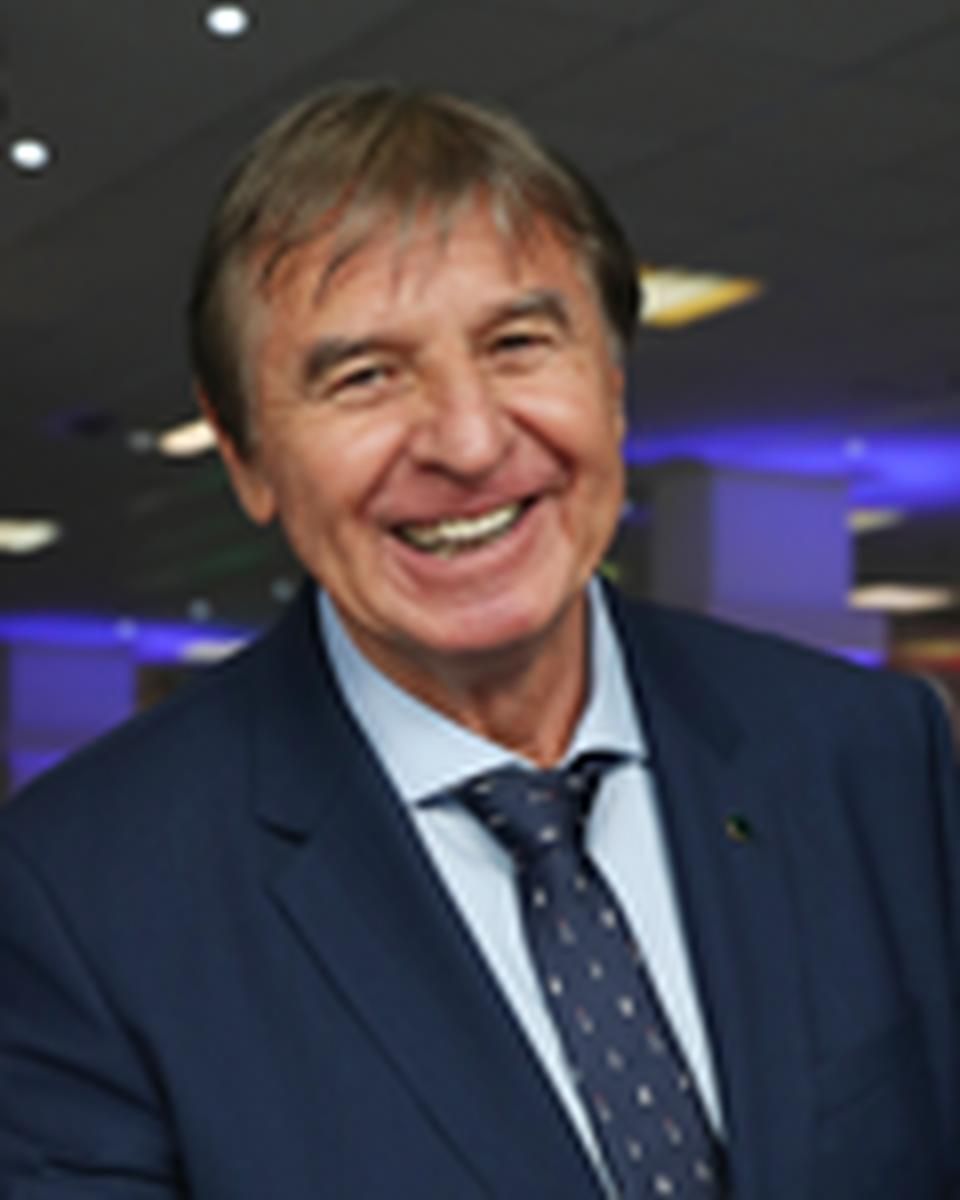
EUROPEAN WOMEN'S HANDBALL CHAMPIONSHIP
THE HUNGARIAN WOMEN'S NATIONAL HANDBALL TEAM
Goalkeepers:Kinga Janurik (FTC-Rail Cargo Hungaria), Zsófi Szemerey (Motherson-Mosonmagyaróvári KC), Melinda Szikora (SG BBM Bietigheim, Germany)
Right wing:Viktória Győri-Lukács (Győri Audi ETO), Alexandra Töpfner (DVSC Schaeffler)
Right back:Anna Albek (Motherson-Mosonmagyaróvári KC), Katin Klujber (FTC-Rail Cargo Hungaria)
Pivot:Csenge Kuczora (Praktiker-Vác), Eszter Tóth (Motherson-Mosonmagyaróvári KC), Vámos Petra (DVSC Schaeffler)
Center:Réka Bordás (DVSC Schaeffler), Petra Füzi-Tóvizi (DVSC Schaeffler), Noémi Pásztor (Motherson-Mosonmagyaróvári KC)
Left back:Kinga Debreczeni-Klivinyi (Siófok KC), Dóra Hornyák (DVSC Schaeffler), Gréta Kácsor (DVSC Schaeffler)
Left wing:Dorina Korsós (CS Rapid Bucuresti, Romania), Gréta Márton (FTC-Rail Cargo Hungaria)
Head coach:Vladimir Golovin
THE GROUPS
Group A (Ljubljana): Norway, HUNGARY, Croatia, Switzerland
Group B (Celje): Denmark, Sweden, Slovenia, Serbia
Group C (Skopje): France, Netherlands, Northern Macedonia, Romania
Group D (Podgorica): Poland, Montenegro, Germany, Spain
SCHEDULE OF GROUP A
Friday, November 4, 2022
6pm: Hungary-Switzerland
8.30pm: Norway-Croatia
Sunday, November 6, 2022
6pm: Croatia-Hungary
8.30pm: Switzerland-Norway
Tuesday, November 8, 2022
6pm: Croatia-Switzerland
8.30pm: Norway-Hungary
THE DATABASE AND SCHEDULE OF THE EUROPEAN WOMEN'S HANDBALL CHAMPIONSHIP ARE AVAILABLE HERE!
| The 2022 European Women's Handball Championship is the 15th in line. It will be co-hosted by Northern Macedonia, Montenegro, and Slovenia from November 4 to 20, and 16 teams will participate in the tournament. Matches will be played in two cities in Slovenia, Celje, and Ljubljana, in Northern Macedonia in Skopje, and in Montenegro in Podgorica. Norway is the defending champion. The top three finishers in the tournament will qualify for the 2023 World Championship, and the winner will qualify for the 2024 Paris Olympics. However, Denmark, Sweden, and Norway, who will host the World Championship, and France, the host of the Olympics, will be taken into account when allocating the quotas, as they are all participants in the tournament by right of hosts. |
Translated by Vanda Orosz.
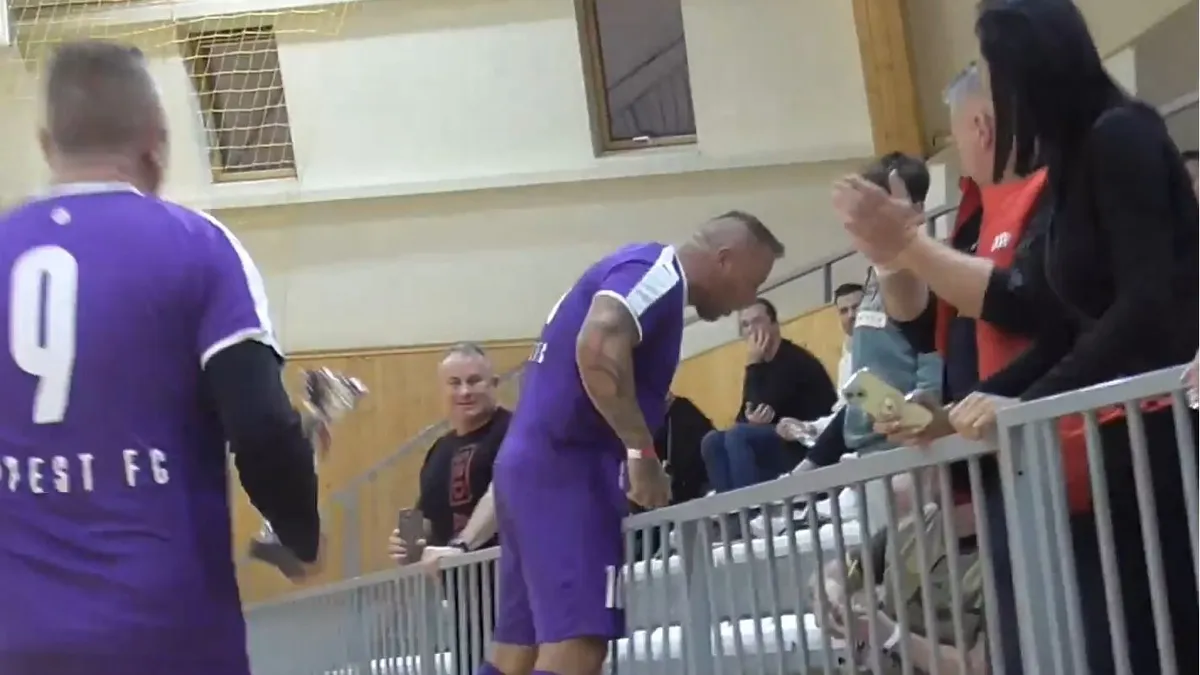
Curtis pofonvágta az őt gyalázó szurkolót a lelátón
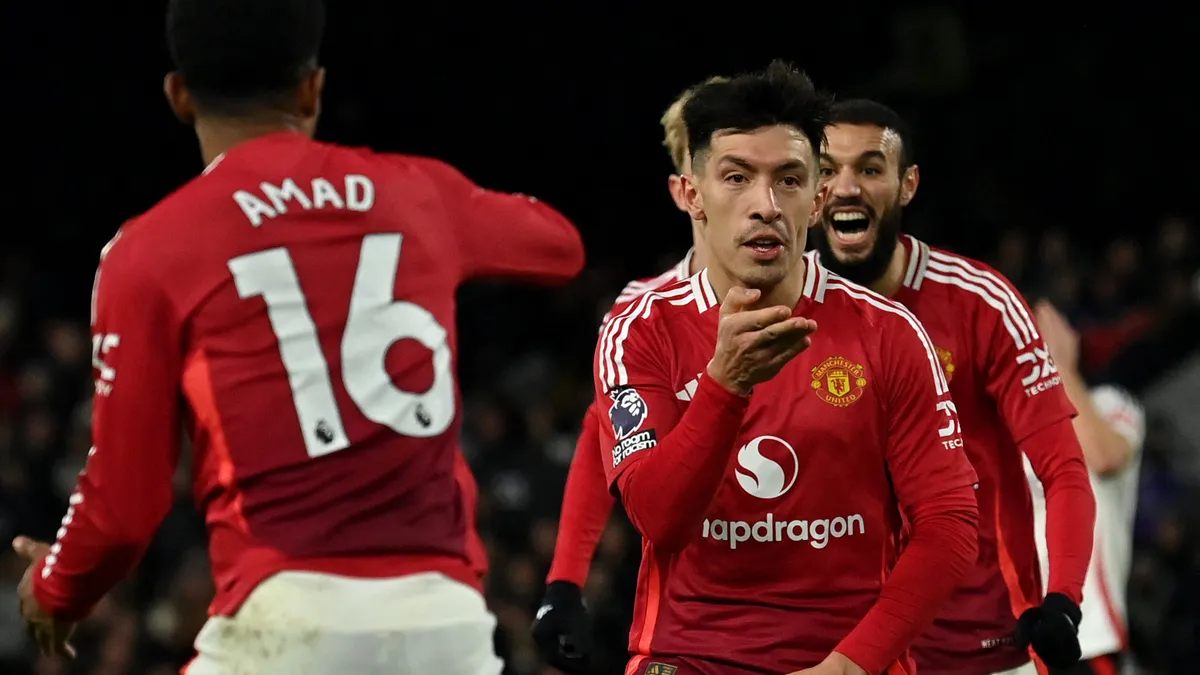
Az MU egyszer találta el a kaput, de egy szerencsés góllal így is nyert
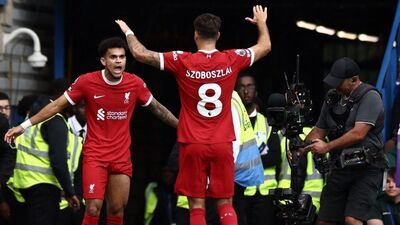
Ez nem hiányzott: Szoboszlai Dominik még egy világsztár miatt aggódhat!
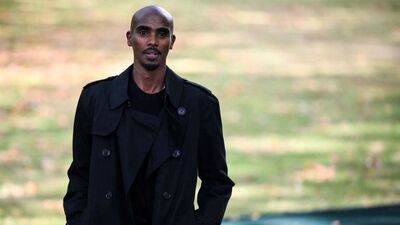
Milliárdokért árulja luxusotthonát az olimpiai bajnok
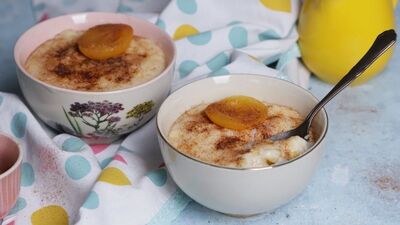
Villámgyors finomság – az 5 legjobb tejbegrízrecept
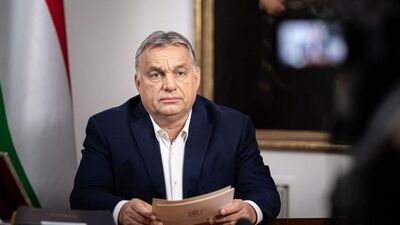
Orbán Viktor elutazik, ezen a helyen magyar kormányfő még nem járt
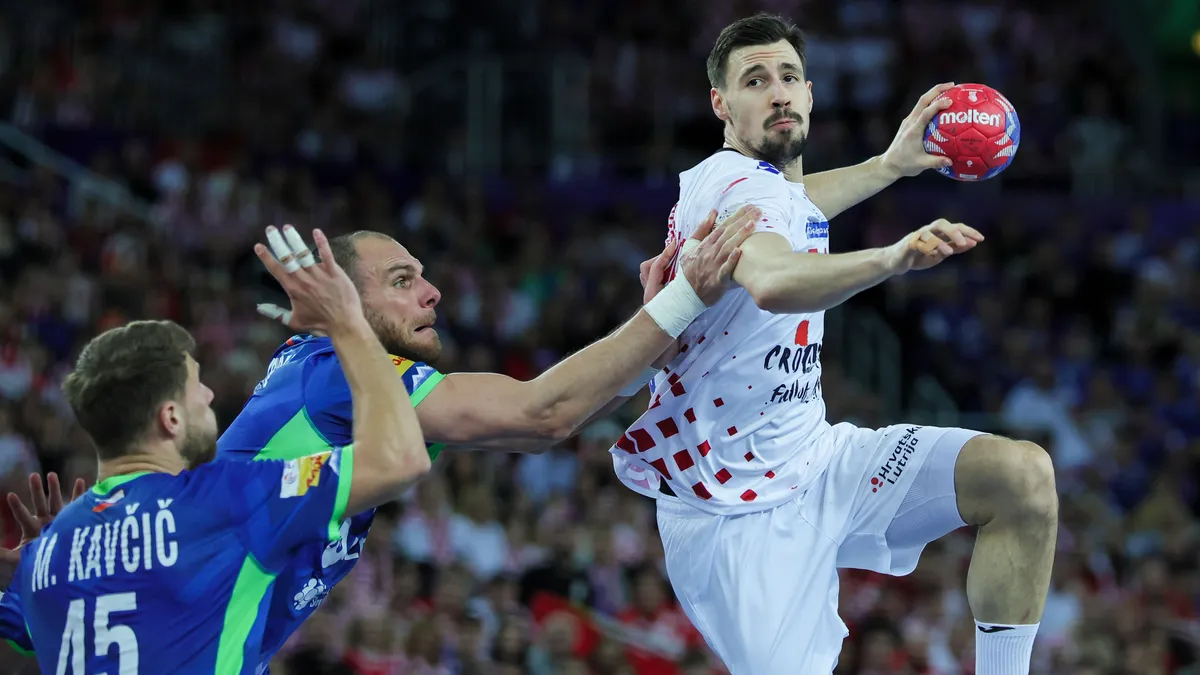
A szlovénokat legyőző Horvátország lesz a mieink negyeddöntős ellenfele kedden 18 órakor a kézi-vb-n
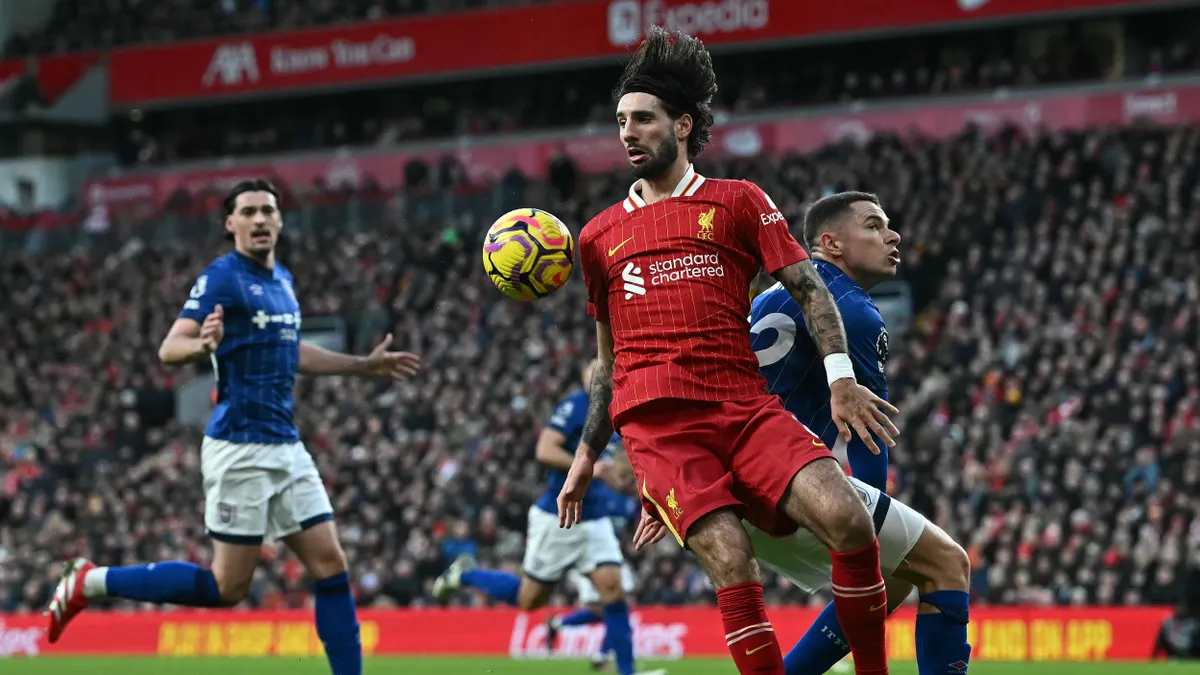
Szoboszlai szenzációs passzán ámul a világ - videó

A Chiefs újabb drámai meccsen nyert a Bills ellen – triplázás kapujában a Kansas City!
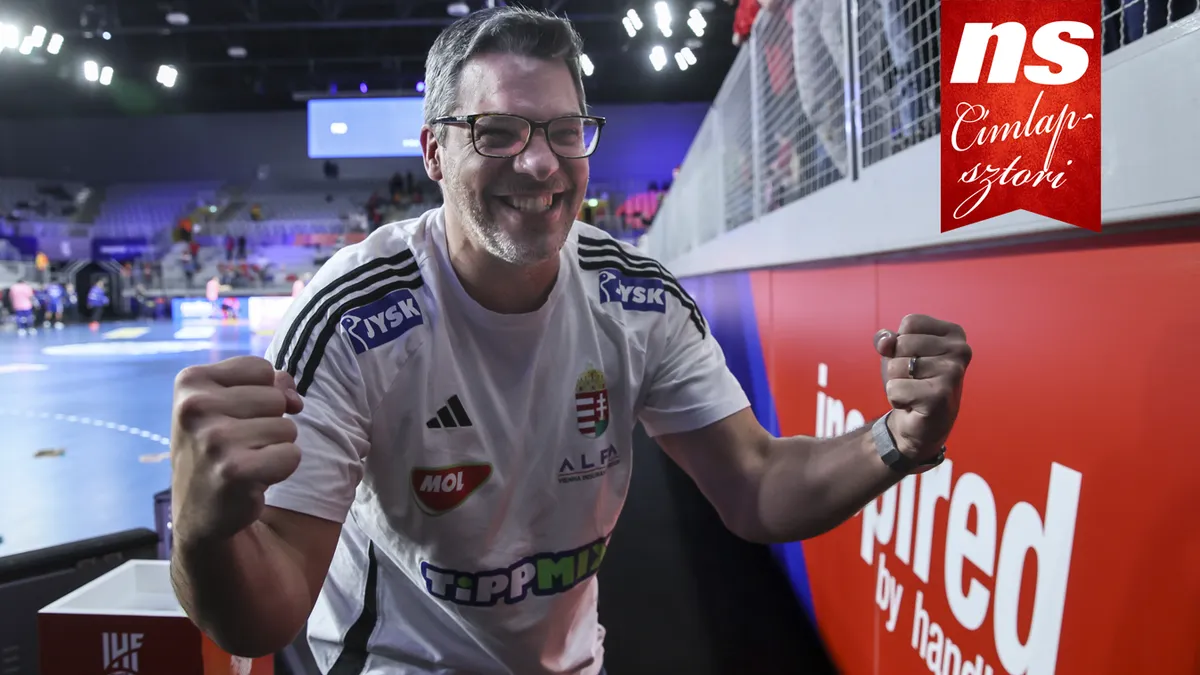
Chema Rodríguez: Óriási dolog, hogy sorozatban harmadszor ott vagyunk a nyolc között
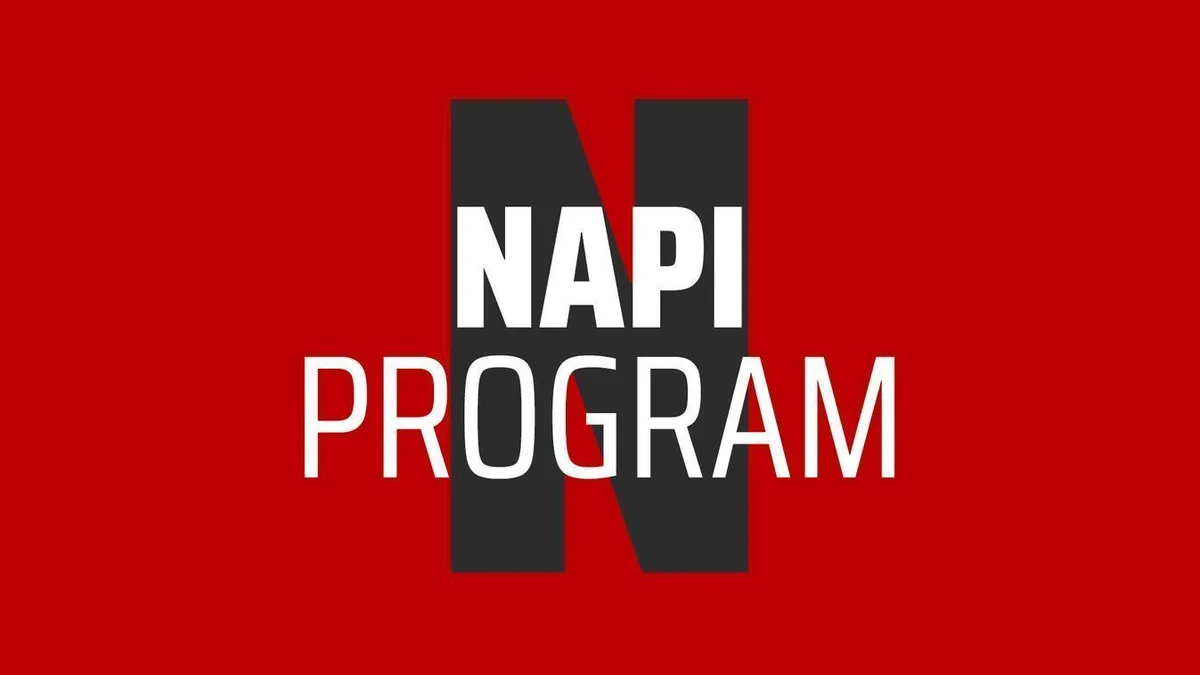
Hétfői sportműsor: olasz, spanyol és angol futball, magyar futsal
